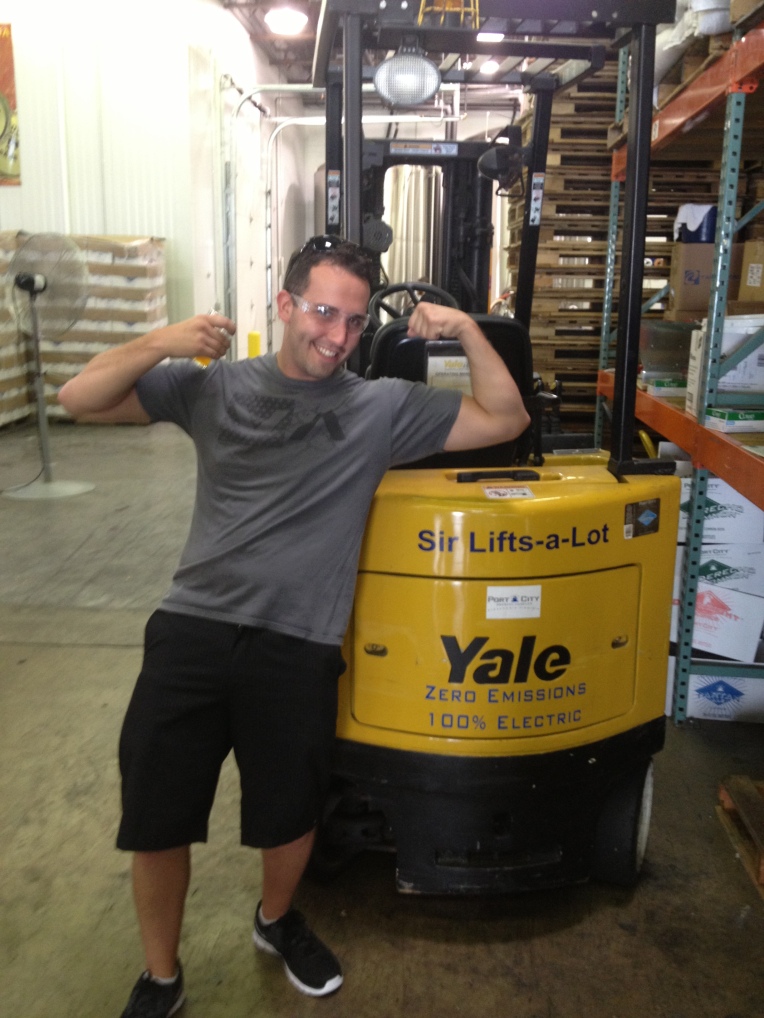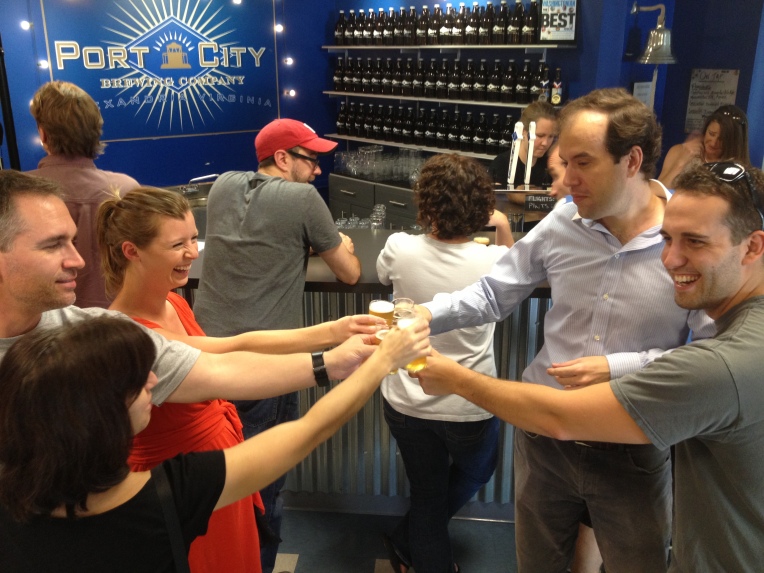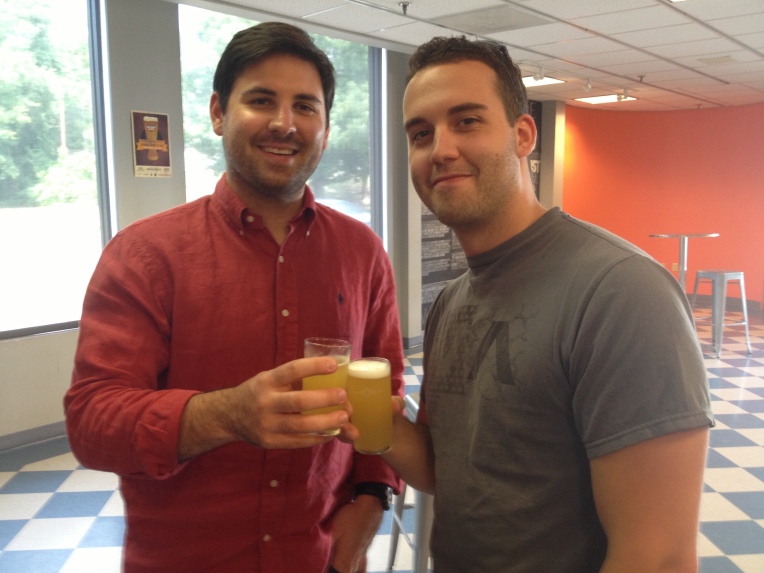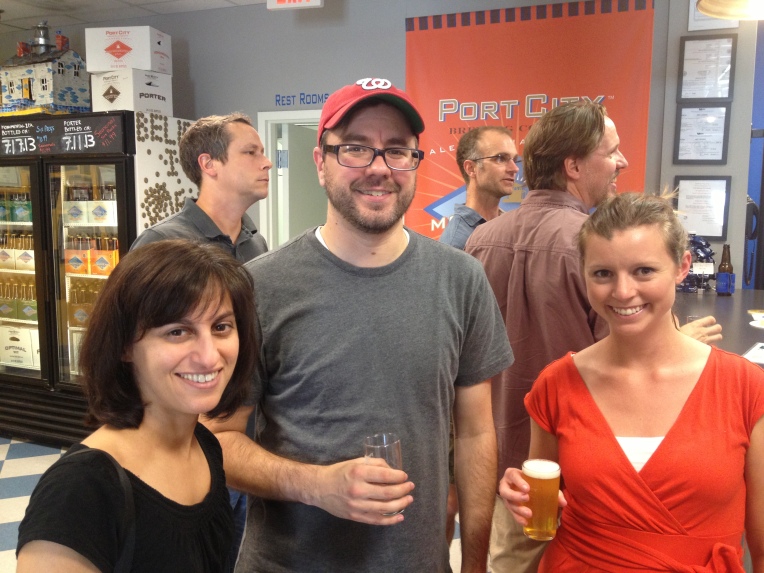Developing the perfect office space is one tough feat, but our People Team is constantly striving to fulfill 300+ Fools’ needs and wants. From adding new quiet spaces to knocking down walls, one Fool’s role is solely dedicated to our office’s cultural development. No matter if a Fool is shy or social, 4 benefits of our open office stand out:
1. Real (read: not electronic) Communication
At healthcare company GlaxoSmithKline, the absence of cubicles created more transparency among employees. After implementing an open office layout, overall email traffic declined by more than 50% and decision making accelerated by 25%. These productive shifts occurred because “workers were able to meet informally instead of volleying emails from offices and cubes.” In a casual, open environment, employees are more encouraged to engage in face-to-face conversation. Plus, you never know when a random brainstorm might lead to the next best idea.
Closed offices are a thing of the past, paving the way for more openness in both the physical and literal sense. One source explains, “Reasons for going open make for great agency rhetoric: communication, ideation, collaborative resonance, speed.” In an open office, there’s a sense of community that can’t be mirrored electronically.

2. Approachable Company Leadership
Maybe your organization’s executives are intimidating, even though we all know they shouldn’t be. Our open office definitely plays a part in connecting Foolish leaders with employees. Tom Gardner and David Gardner are just like normal Fools. Private offices aren’t requirements for them; in fact, you’ll often find Tom on a public treadmill desk and David among fellow investing Fools on his Supernova team. FoolHQ maintains a supportive environment for collaboration and creativity on all levels.

3. Unique Workspaces
We encourage Fools to do whatever it takes for them to produce the best work. Think beyond a cubicle and imagine moving around to different spaces throughout the day. Couches, beanbags, and working tables fill our office to accommodate different personalities. Not feeling inspired? Sit beside a window or find a quiet space to concentrate. Conference rooms don’t have to disappear, but we’ve added more informal meeting spaces that don’t have to be reserved.
FoolHQ is in constant flux. Fools voice their opinions on office space through engagement surveys, coaching sessions, and casual conversations. If a request can be honored, Fools will go to great lengths to ensure others’ happiness.

4. Convenient Collaboration
We keep Fools’ desks on wheels for a reason. If different teams need to work together, collaboration should be easy for them. With stationary desks, full office moves took too much time. Now that Fools’ workspaces are mobile, these moves can be finished in one (busy) morning.
Don’t isolate employees based on their departments. Some Fools are embedded onto different teams to boost collaboration and spread mastery of other skill sets. Shuffling Fools around to fit the needs of our business simply wouldn’t be as seamless without our open layout.



















